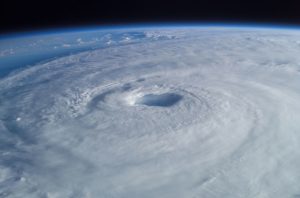Using co-production to improve the appropriate use of sub-seasonal forecasts in Africa
Having accurate sub-seasonal forecasts for Africa (2-4 weeks ahead) has huge potential to improve the early warning of extreme, high-impact weather events. Such warnings could support crucial preparedness action in weather-sensitive sectors such as agriculture, energy, food security and disaster risk reduction. However, realising this potential not only requires accurate forecasts, but forecasts that can … Continue Reading




